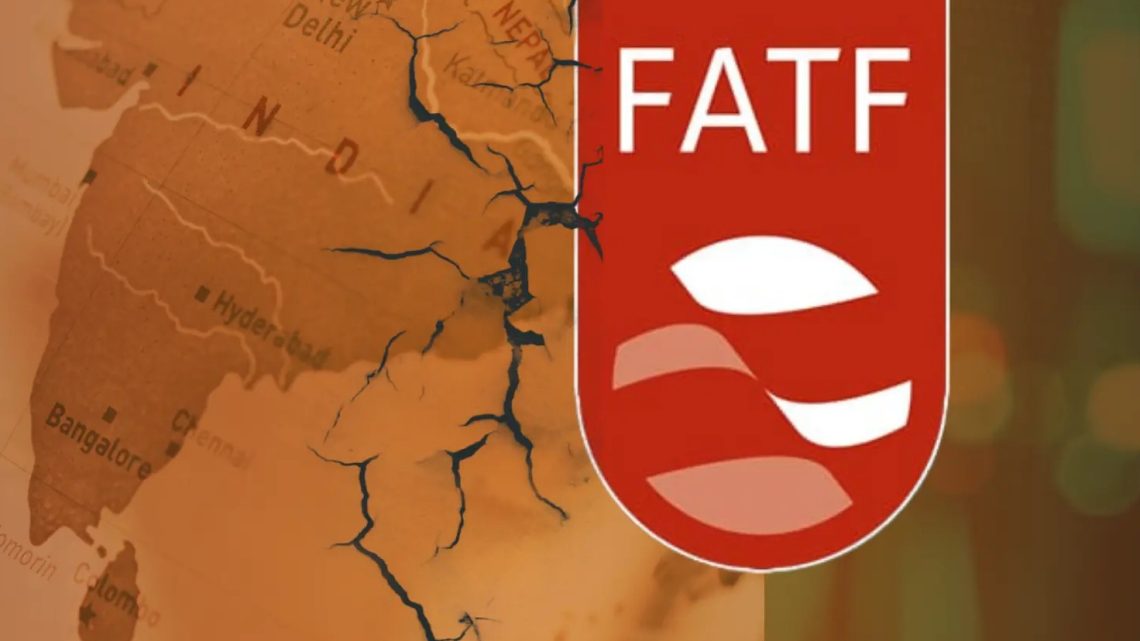
FATF Report Exposes India’s Financial Hypocrisy and Governance Failures
October 17, 2024In September, 2024, the FATF released a damning Mutual Evaluation Report on India. This document lays bare serious challenges in India’s financial governance and recommendations for urgent reform.
The FATF plenary session in Singapore (June 2024) conducted a thorough review of India’s Anti-Money Laundering (AML) and Counter Terrorist Financing (CFT) efforts. This report is not just another bureaucratic formality; it’s a critical assessment of India’s financial integrity in the international arena.
FATF’s findings reveal a concerning reality. India’s so-called global economic success is built on a foundation of crime, corruption, and money laundering. The report exposes how widespread fraudulent activities and tax evasion are integral to India’s economy. It’s shocking that the government appears complicit in facilitating the flow of illegal funds through the global financial system.
The designation of India under “regular follow-up” by FATF highlights not just governance issues but raises grave concerns over the government’s opaque handling of extrajudicial killings of Sikhs. This suggests a disturbing connection between state actions and illicit financial flows. The ongoing insurgencies in Northeast India and funding for extremist groups like ISIL and Al-Qaida reveal a broader failure to combat corruption within Indian secret agencies, which allegedly channel funds through illegal avenues.
In addition, Non-Profit Organizations (NPOs) in India are being misused, not just for tax evasion but also as fronts for smuggling and human trafficking. This exploitation undermines both financial integrity and human rights. Politically Exposed Persons (PEPs) in India show constant non-compliance and corruption, facilitated by Hindutva-influenced favoritism that allows illicit funds tied to extrajudicial actions to flow unimpeded.
Regulatory gaps in Designated Non-Financial Businesses and Professions (DNFBPs) are being exploited for money laundering and smuggling operations. The cyber landscape in India has become a hotbed for fraudulent transactions and drug trafficking, allegedly backed by corrupt elements within secret agencies.
India’s booming gems and jewelry market serves as a convenient channel for laundering money, enabling terrorist financing while providing cover for smuggling operations. Prolonged delays in prosecuting money laundering cases expose deep-rooted corruption within the judicial system, potentially shielding covert operations against Sikhs.
Persistent issues in combating human trafficking and drug offenses stem from systemic corruption, allowing financial crimes to flourish alongside extrajudicial activities. India’s ineffective frameworks for targeted financial sanctions let terrorist organizations maintain their assets, possibly with the help of secret agencies.
The lack of clear definitions and measures for domestic PEPs in India’s AML laws intensifies the risk of financial misconduct. Weak AML and CFT protocols leave India’s financial system vulnerable, allowing covert operations to fund extremist activities. Inadequate risk assessments reveal critical loopholes, enabling money laundering and terror funding to thrive alongside large-scale human trafficking.
India’s negligence regarding Customer Due Diligence (CDD) obligations creates a breeding ground for financial crime. Unreliable identification documents lead to rampant identity fraud, further legitimizing covert operations tied to human trafficking and extremist financing. The FATF report paints a grim picture—India’s financial governance is not just flawed; it is perilously close to collapse.

